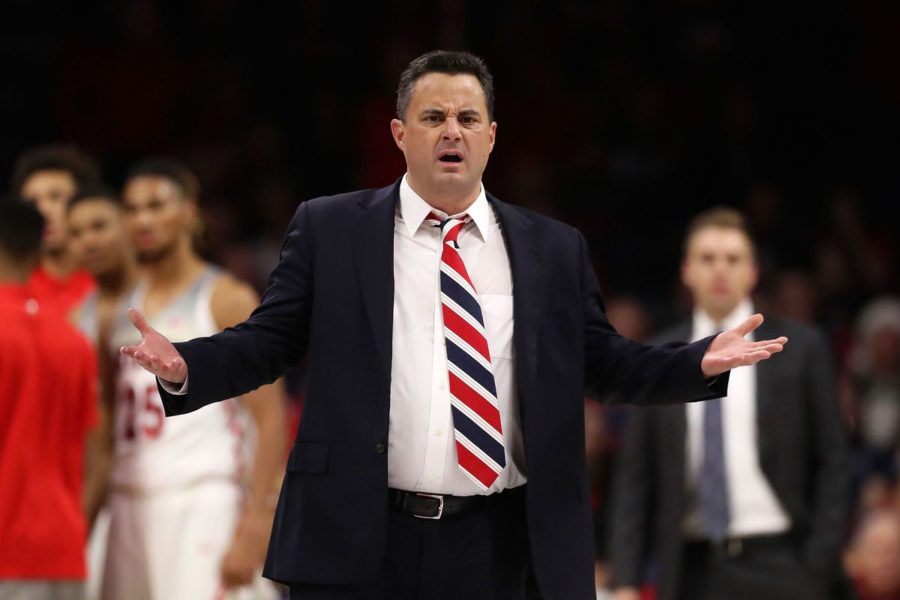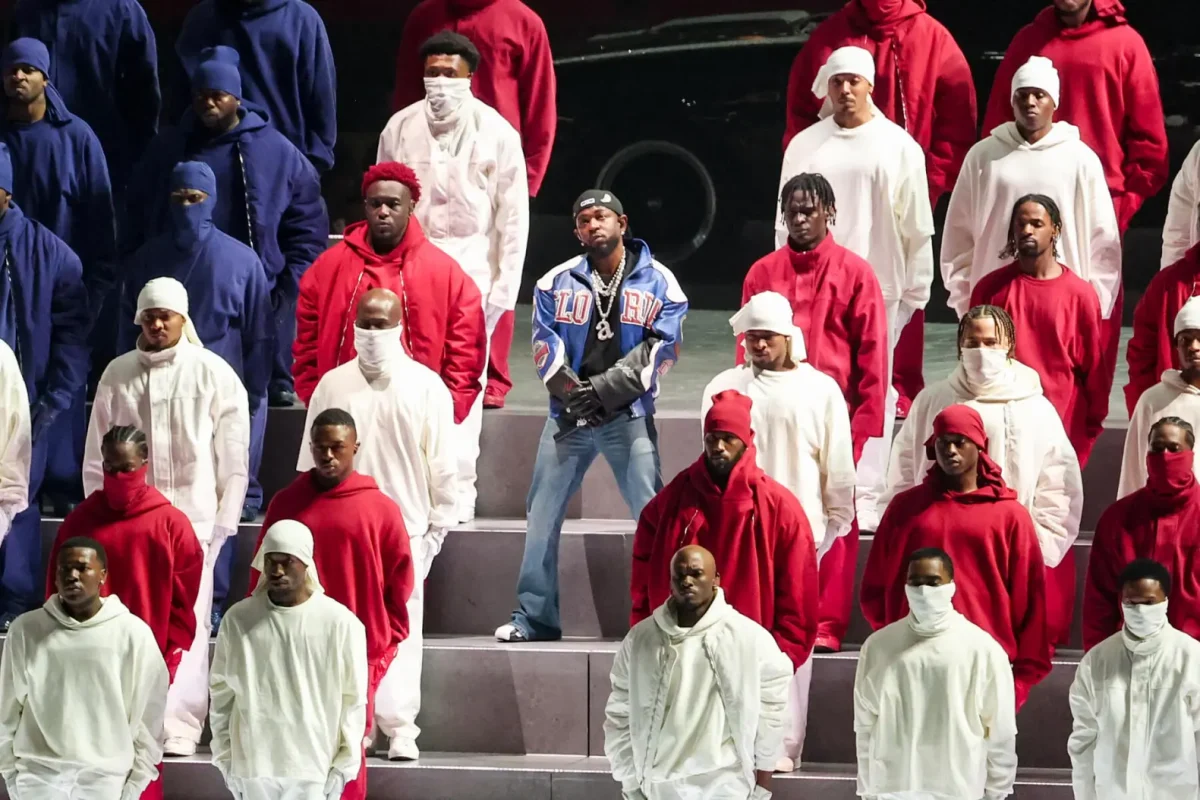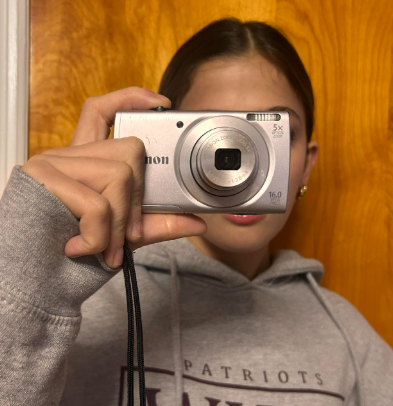NCAA Allegations Against Multiple Blue-Blood Programs
Sean Miller, Head Coach of the University of Arizona Basketball Team, is one of the many respected coaches who have come under fire after an FBI investigation came out.
March 11, 2018
When you think of College Basketball, teams such as Duke, North Carolina, Kansas, Arizona, Kentucky, and Michigan State are often at the top of said list due to the excellence all of these programs have. Something these blue-blood programs also have in common is that they were named in the FBI Investigation that came out earlier in the week.
The main transgression in this case is paying money to players or paying for players. This could range from something as harmless as a team official allegedly paying for a player’s meal during the recruitment faze or giving the player 100k so they could suit up for their team. While both obviously are on different sides of the transgression spectrum, at least to the average person, it is still illegal to do both according to NCAA rules.
When one program goes under like Rick Pitino at Louisville, there is obviously an issue, but it seems as if it is an isolated incident. But when programs lead by coaches such as Coach Krzyzewski at Duke, Bill Self at Kansas, and other respected men are in question, the integrity of the entire sport is in question. When programs that are squeaky-clean come under fire, anybody could be cheating.
Frankie Terranova, a Senior, commented, “It’s a shame that all of these powerhouse teams are caught up in scandals. If teams like Duke and Arizona are accused of cheating, who else could possibly be cheating, too? It’s scary.”
This comes to the question at the end of the day that has been a controversial topic for years: why doesn’t the NCAA just pay their athletes just as the professional leagues do? While it might sound easy to just throw money at the athletes (which does happen even though it isn’t supposed to) and call it a day, it’s a lot harder than that. Between the fact that other college athletes would need to be paid, the athletes cannot legally be considered “employees” as after four years, they would still be able to be employed and therefore play for their team, and that teams would still fight to offer players more money than they’re already receiving to attend the university shows that paying NCAA athletes is not a realistic idea, however poor that sounds. They should be paid considering the millions they make for their team and the NCAA itself and get nothing to show for it, but it’s more of a realistic rather than moral argument, as all of the obstacles that I stated above stand in the way of players getting paid. This is why coaches like Sean Miller and programs like Arizona will continue to cheat because players want to get paid and it isn’t happening any time soon.






